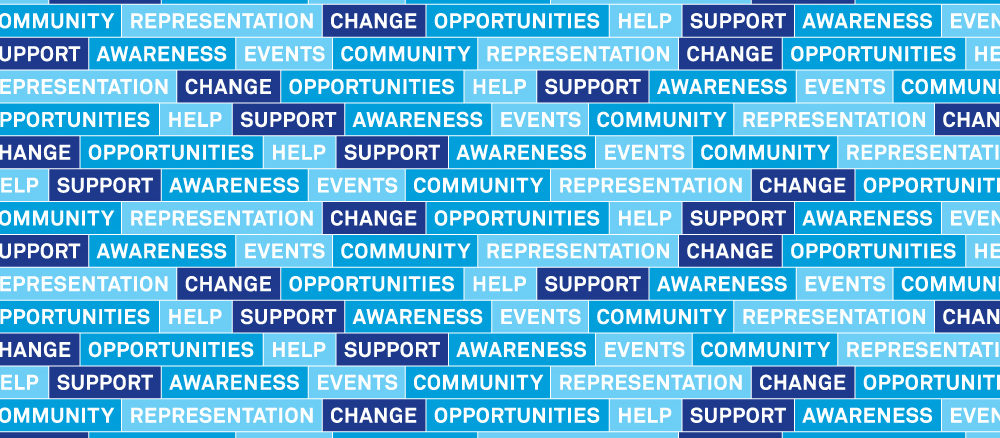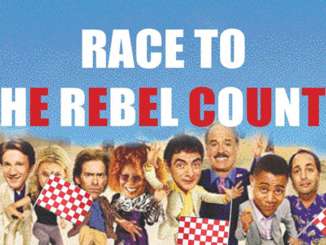
For by Michael O Scannáil:
Students are bombarded with free food from the friends of Students’ Union election candidates. We once again must decide who we want to make up the new SU, who we want to represent us. Whether you are the kind of person that says “sorry I’m in a rush” or like me, you embrace the freebies, it is hard to look past the notion that the election is somewhat a popularity contest.
The idea of free food is almost like they are trying to bribe students, to convince us that we should vote for them because they gave us that free Maom bar one time.
Current SU president, Dylan Kehoe said, “popularity is a huge factor. That being said people will vote for ideas and manifestos that click with them. If you have a combo of both you should have a strong campaign.”
There are some very important issues raised by the presidential candidates like, 24-hour student support, support for mental health and support for students on work placement. The vast majority of what appears on the manifestos, however, is trivial. Candidate Ricardo Valdés-Bango Curell recognised this issue and said that the student unions of the past have been “nothing more than a ‘political games’ for a few, and that no real impact was made.”
It is hard for students to vote for anyone else, but who they are most familiar with, especially when the manifestos of the candidates can be so far-fetched or just nonsensical. Some students do not even vote at all. Some 20,000 students registered to vote in the marriage referendum so it is clear that students want to vote for something they believe in. The problem, it appears, is that in SU elections there is nothing to believe in, it is as if we are just going through the motions of an election.
The Student Union, contrary to popular belief, works hard to ensure that student life is as enjoyable and as beneficial as possible. The individual roles in the SU are important so we should focus more on their aims, rather than the size of their circle of friends. The events run by the SU are pivotal in making student life fun and in raising awareness for sexual health, equality and self-confidence to name a few.
Last week’s repeal the 8th march has proven that the students of DCU can stand for something they believe in and it bodes the question whether it is time for the SU to become a more serious establishment, that not only takes a stance to represent the opinions of the students, but actively sets about changing them.
If the university wants its students to vote not for a candidate’s popularity but for their ideas, it could be time to instill more power in the role and allow them a manifesto that will make a difference.
Against by Orla O Driscoll
Theoretically all elections are a popularity contest. If you don’t like Enda Kenny then you simply vote for Michael Martin, or Gerry Adams. Right?
Well not really. It’s not just about the person, it’s about what the person can achieve on your behalf, or if you want to apply the ethical utilitarianism perspective; the greatest good for the greatest number of people.
An expectation that a candidate can and will fulfil a role, and will bring new innovation, interest and energy to the role is a given. Those chosen as SU reps are answerable to those who will walk along beside and or behind them every day.
Hypothetically, if Rihanna were to run for the role of President of SU at DCU, there is a very large possibility that she might get a fair few votes. But the reality is, she is going to be busy doing Rihanna things, in another country, and she enjoys relative wealth, so whether you have the fifth chicken goujon is not going to disturbia her. If you spring a leak in your dorm roof, she may not offer you her umberella ella…. You get the message. She is a nice girl, and popular, but she is not exactly the commitment type, and taking on an SU representative role takes a huge amount of commitment.
Once you become a student of DCU you automatically have an entitlement to seek out your SU rep for support across a wide range of areas. All this happens when the fanfare is over, there are no freebies, or fuchsia T-shirts, this is the reality of how the role operates. And if entrants only enter because of some shallow land popularity with little substance behind it, the person’s lack of ability to fulfil the role will soon become evident.
This role takes dedication, humility, time and energy. In his manifesto for the coming elections James Rooney says: “We can’t let our own ambitions get in the way of what needs to be achieved.”
Student life is breathtaking, exhilarating, dangerous, tempestuous, confusing, expensive, isolating, all encompassing, and exhausting. Without a SU to offer practical advice through its advocates, all these experiences become much harder to deal with. The SU reps bring advice, campaigns, support, and awareness. They highlight the things that students need highlighted. It’s much grittier than a popularity contest, because the winner must keep the students happy.
There is a chance that the most popular person is the one who has already done a lot of the ground work, but I don’t believe it’s a popularity contest based on the person, but based on what the person will achieve for all. Now surely that’s not a bad thing?



